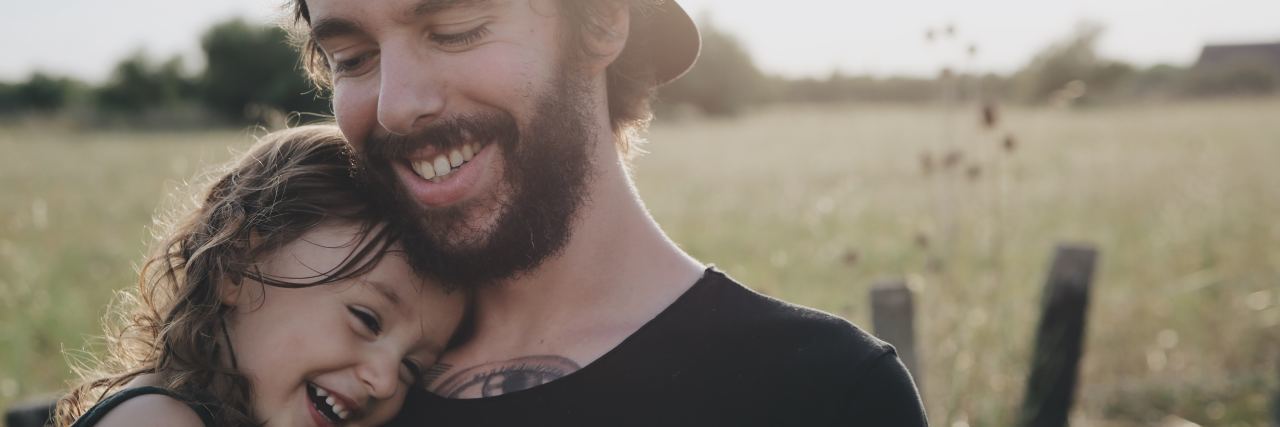Post-traumatic stress disorder (PTSD) is not the fault of our children, but it’s important to talk about it with our kids. Just as you must live with it and deal with it, so must they. It makes sense to explain some things about PTSD, it’s easier to explain with detail to a 16-year-old than a 6-year-old what a panic attack is. Tell them it’s OK to ask questions about PTSD to you and you can’t “catch” PTSD from someone with it — it’s not like the measles.
Here are four tips for parenting with PTSD:
1. Communicate your needs.
For example, “If I’m sleeping and you need me, please announce yourself and say good morning/afternoon.” If you still did not hear your child, you can ask your child to please slowly and gently touch your foot while saying good morning. They don’t need to know you might get triggered or reach out to grab them if you become confused of where you are, and feel under attack. Again the age of the child can dictate how much detail you go into.
2. Have a panic attack plan.
Sometimes, you have a panic attack when your kids are around, both at home and when out. It sucks to have to do this, but having a panic attack plan can help. It could just be that you are going to go into the bathroom at the house and shut the door so they can’t see you. Or you can tell them you need a few minutes. If you are out an about, you can explain to your child you are sorry but you need to leave now as you feel a panic attack coming on. If they’re old enough to watch themselves at a mall or someplace else, you can excuse yourself for some fresh air. Even a a not so great plan is better than no plan.
3. Keep your medication out of reach.
If you take prescription medication for PTSD and other illness and injuries, safeguard them from your kids especially when they are younger and may reach for them in the desire to mimic you. Think about using a weekly pill box and locking the rest of your meds up, so you can see daily that all your meds are there.
4. Don’t be embarrassed about your condition.
Tell your kids that and remember it yourself. Not all wounds are visible. If you had a broken leg, your kids and society would not expect you to climb the stair on crutches to see the statue of Rocky in Philadelphia. It’s OK for them to know you have a injury and have some limitations and occasionally it might be a little embarrassing for them or you, just as it would be if you were on crutches and could not do something with them.
Unsplash photo via Caroline Hernandez

